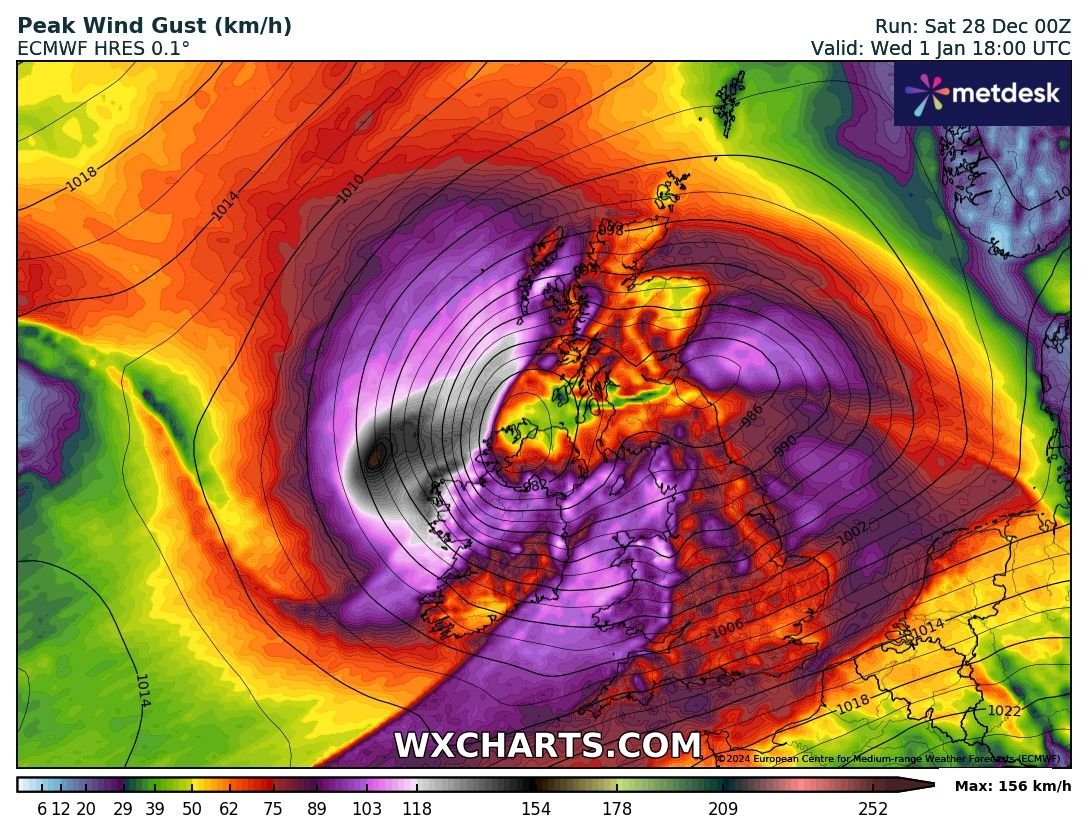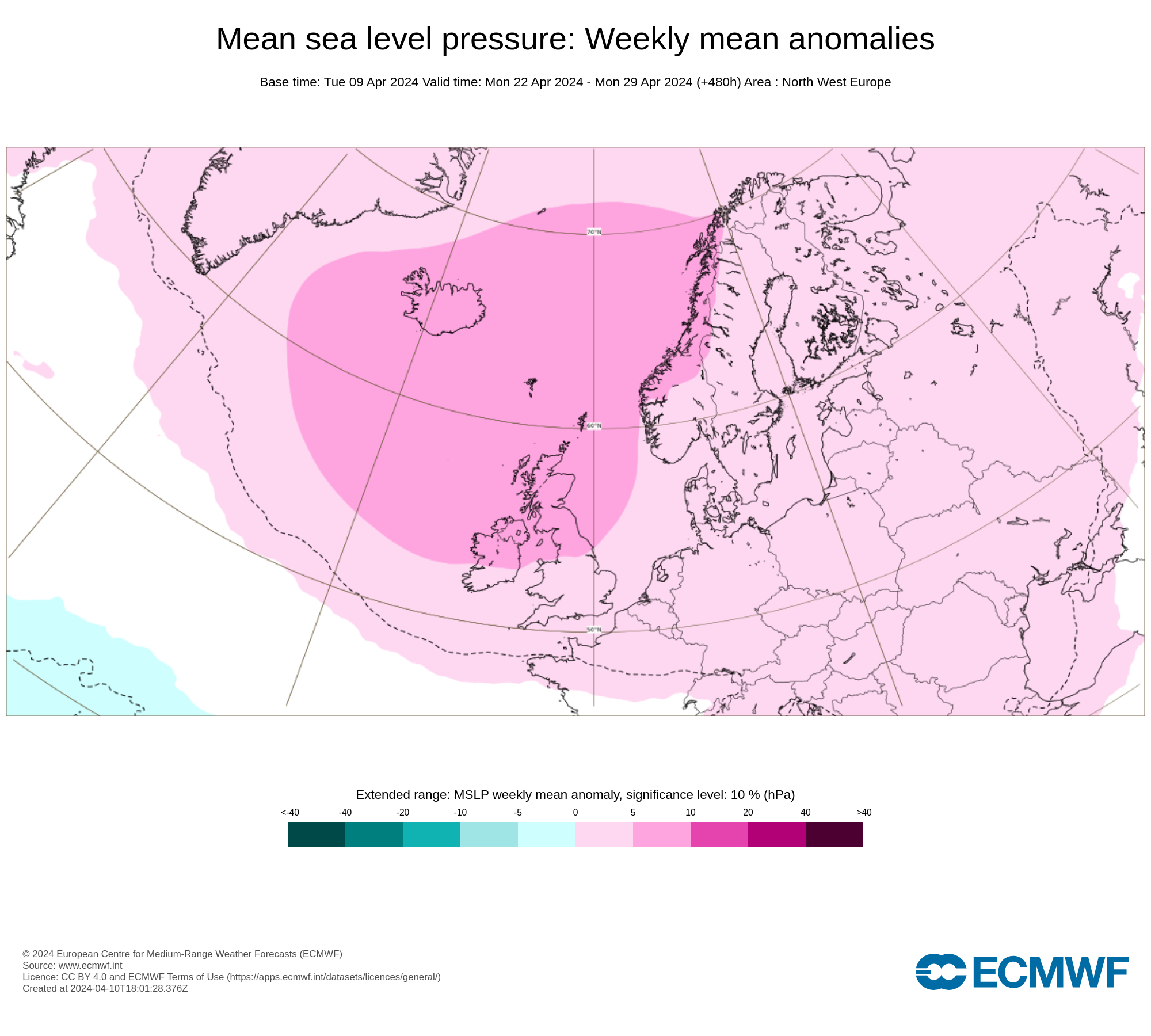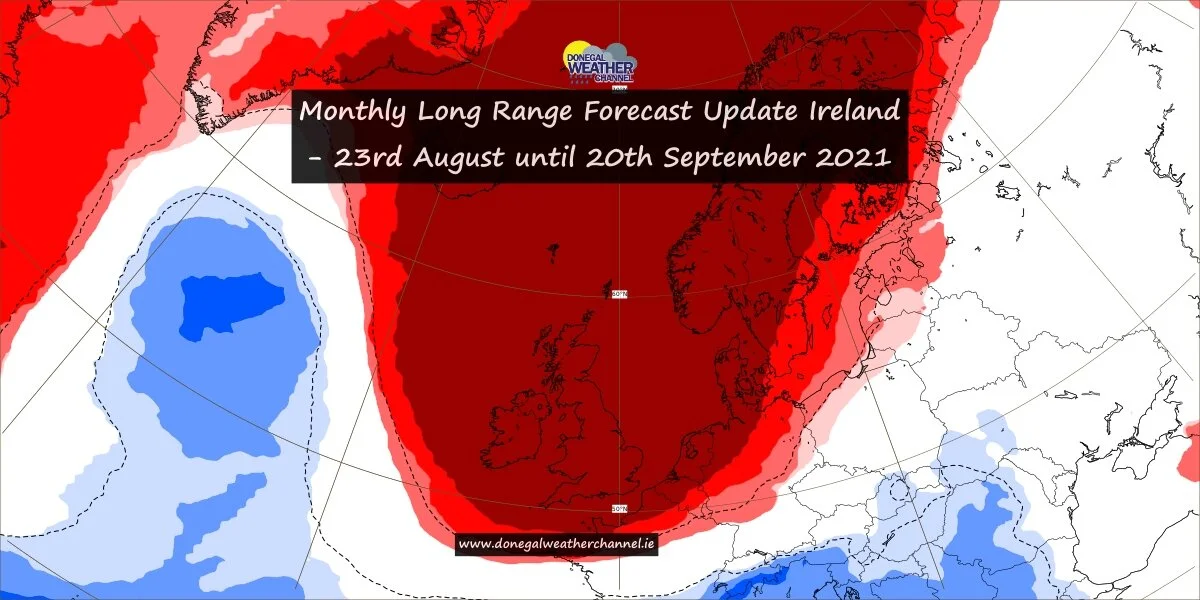Parts of Spain set to hit 40C today making it the warmest May there in 20 years
Parts of Spain are set to see its hottest may temperatures in 20 years today with temperatures set to rise to 40C in some southern parts of the country.
High temperatures have been hitting France and Spain this week.
The mercury is set to hit 40°C in some Spanish regions on Friday, which would represent 10-15°C above the average temperatures for May.
In France on Wednesday, May temperature records were equalled or broken in Albi (33.7°C), Toulouse (33.4°C) and Montélimar (33.8°C).
France's national meteorological service said it was "now very likely" that this month would become the hottest May on record.
"It is an episode of heat -- lasting, extensive and intense -- exceptional for the season," Matthieu Sorel, a climatologist at Météo-France, told AFP news agency
Temperatures this week are set to be more like those typically seen in June and July with highs in much of the country between 5°C and 15°C degrees above normal.
The State Meteorological Agency (Aemet) has warned that temperatures are going to be “unusually high” in the coming days. Expect “Very high temperatures which will exceed 35°C in many parts of the Peninsula and the Balearic Islands,” they said, indicating that Spain could even register its first 40°C of the year.
Although it is not the first time Spain has seen 40°C degrees so early in the year, AEMET fears that this will be “the worst heatwave in May in the last 20 years”.
By Friday and the weekend, there will be no respite from the heat as temperatures in the high 30s and low 40s will be experienced in much of inland Andalusia, Castilla-La Mancha and Extremadura. Madrid is also expected to reach 38°C by the weekend.
Those looking to escape the intense heat should head to the likes of Galicia, Asturias and Cantabria in the north or hop over to the Canary Islands, where temperatures are likely to hover around the comfortable low to mid-20s.
AEMET has also warned that the hot weather will increase the risk of wildfires particularly in southern Galicia, Andalusia, Castilla y León and Extremadura, where the agency has asked people to take extreme precautions.
















